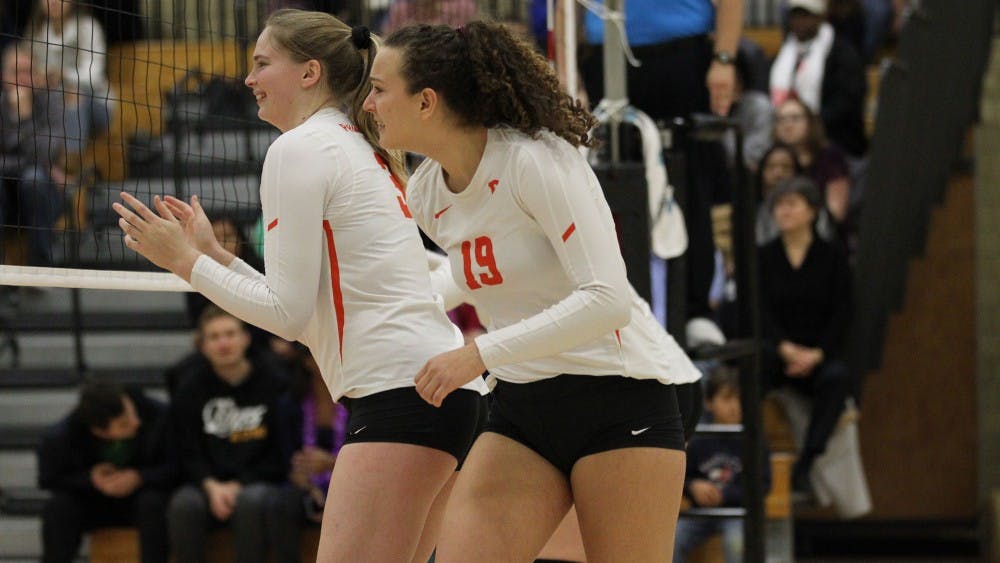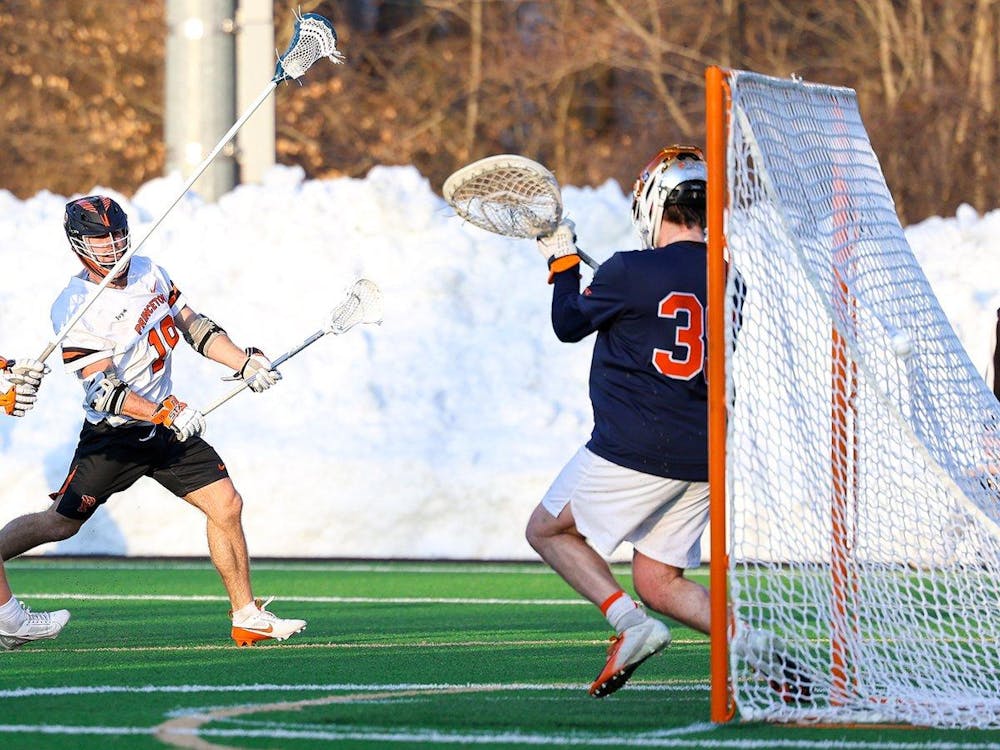In 2017, an FBI investigation uncovered a bribery scheme in the complex web of college-basketball recruitment. The investigation revealed, among other offenses, a meeting in which a Louisville assistant coach, an Amateur Athletic Union (AAU) coach, and an investment advisor discussed paying a recruit. After hearing about this meeting, Sonny Vaccaro, a former marketing executive for Adidas, Nike, and Reebok, told The Washington Post that “everybody around [the player] in that meeting ... is making money off of him, and he's 17 years old.”
Vaccaro’s comment concisely sums up the main injustice at the heart of the broken collegiate athletic system — that the source of the entire multibillion dollar industry, the players, cannot receive any of the money they generate. The NCAA has thus far refused to resolve this disparity, but some state governments have decided to take action. A California state bill that unanimously passed the state legislature and now awaits Governor Gavin Newsom’s approval would allow student-athletes to profit off of their names, images, and likenesses, enabling them to pursue endorsement deals as well as earn money from autographs or clinics, beginning in 2023.
While the main responsibility should still lie with the NCAA to fairly compensate their athletes, this bill acts as a bridge until such a time, and places pressure on the NCAA to take further action.
The NCAA’s principal argument for not compensating student-athletes is that doing so would take away their focus on academics: “In the collegiate model of sports, the young men and women competing on the field or court are students first, athletes second,” they stated.
While a noble idea in theory, the reality is that at elite schools, the opposite is true. In 2016, more than twenty schools were being investigated for academic fraud, as universities encouraged their athletes to neglect academic work in favor of athletic performance. The NCAA’s stance paints a rosy picture of college athletics, but falls apart in the face of reality. If the NCAA wants the focus to be solely on academics, why did they allow a multibillion-dollar industry to develop around the players? Why, for example, was the University of Alabama’s football coach Nick Saban allowed to make $7.5 million last year? After all, it is because the coaches and universities are under financial pressure to succeed (Saban earned an extra $600,000 last year for making it to the championship game) that they neglect academics. The NCAA can’t have their cake and eat it too.
Another argument against compensating student-athletes is that it will ruin the so-called “purity” of the sport. Tim Tebow recently articulated this argument on ESPN’s First Take, arguing that paying athletes will take away the “authenticity and the realness and the passion” from college athletics. Like the NCAA’s argument, this take glosses over the reality that college sports are already business. It paints an idealistic version of college athletics in which everyone is fighting for the good of their university. But the recent FBI investigation is just one of numerous examples that show this is not the case for coaches, schools, and companies.
The argument is similar to one that comes up when talking about equal pay in regards to women’s soccer. Marc Skinner, manager of the Orlando Pride in the National Women’s Soccer League recently said he feared paying women more would take away the purity from the game: “I'm not going to go into the equal pay row because I think that I'd still love to see the women do something the men haven't done, and that is to continue to love football not just for the money but for the love of the game. I think that's the purity of women's football, I really do," he said.
This invocation of purity is used to justify undercompensating athletes while looking the other way as everyone else profits off their labor. Additionally, there are clear examples of athletes who make millions of dollars, who are still very engaged with their community. LeBron James, one of the richest athletes in the world, created the I Promise School for at-risk children in his hometown of Akron, Ohio. This argument is not only demeaning to these athletes, but is also disingenuous.

This reasoning also comes from a place of privilege, as it ignores the fact that many college athletes need this money to support themselves and their families. Former University of Connecticut basketball star Shabazz Napier said that he would sometimes go to bed hungry because he didn’t have enough money for dinner. Meanwhile, his jersey was being sold and he saw none of the profits.
Tebow also said, “there’s that opportunity [to make money] in the NFL,” neglecting the fact that only 1.6 percent of college football players will make it to the professional level, and even fewer will make a career of it. The statistics are similar for other sports.
The NCAA has taken specific issue with the California bill, arguing that it will give California schools an advantage in recruitment. That would be a positive development, actually, because it would encourage other states to pass similar bills and force the NCAA to reconsider its stance.
While a lot of the focus on deserving pay is on the major revenue-generating sports like college football and basketball, this bill will also positively impact lower-profile athletes. For example, they could now run clinics for younger athletes and make money that way, enabling them to engage with their fans and develop business skills.

California’s bill allowing student athletes to make money off of their own person is a step in the right direction for fixing the broken industry of college sports, and until the NCAA does something about it, these types of bills appear to be the way forward.
Shannon Chaffers is a sophomore from Wellesley, MA. She can be reached at sec3@princeton.edu.








